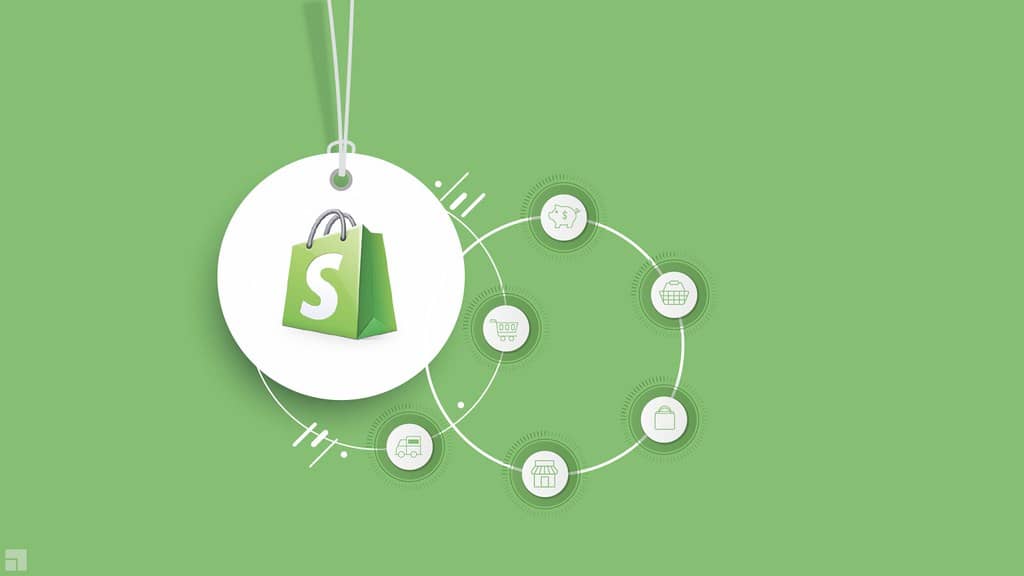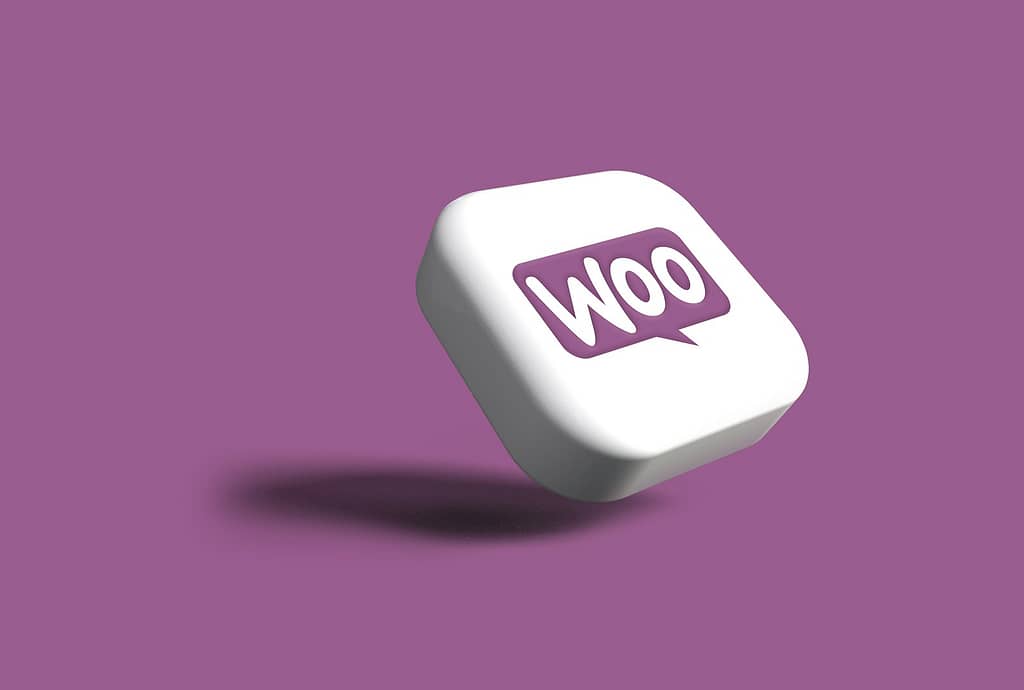Choosing Your Online Store Platform in South Africa: Shopify vs. WooCommerce (2025 Showdown)

So, you’re ready to launch your online business in South Africa! You’ve got a great product or service, a business plan brewing, but one crucial question looms large: Which platform should you use to build your online store?
Two names dominate the e-commerce landscape globally and right here in SA: Shopify and WooCommerce. Both are powerful contenders capable of creating fantastic online stores, but they operate very differently and cater to slightly different needs and skill levels.
Choosing the right platform from the start is vital. It impacts your setup time, costs, flexibility, maintenance workload, and ultimately, your ability to grow. Making the wrong choice can lead to frustration and expensive migrations down the line.
Let’s break down Shopify and WooCommerce in the context of building an online business in South Africa for 2025, comparing their strengths and weaknesses to help you make an informed decision.
What is Shopify? The All-in-One Solution

Think of Shopify as a hosted, all-in-one e-commerce platform. You pay a monthly subscription fee, and Shopify provides the software, hosting, security, and basic framework for your online store straight out of the box. It’s designed specifically for e-commerce and aims to make getting started as easy as possible.
Shopify Pros:
- Ease of Use: This is Shopify’s biggest selling point. Its interface is intuitive, designed for beginners with no coding knowledge. Setting up products, managing orders, and designing your storefront is generally straightforward.
- Quick Setup: You can potentially get a basic store live relatively quickly because hosting, security, and core features are built-in.
- Excellent Support: Shopify offers 24/7 customer support via chat, email, and phone, which can be invaluable, especially when you’re starting out.
- Security & Hosting Included: Shopify handles server maintenance, security updates, and ensures your site stays online (subject to their terms). This removes a significant technical burden.
- Curated App Store: A wide range of apps (both free and paid) allows you to add specific functionalities like loyalty programs, advanced SEO tools, or specific marketing integrations.
Shopify Cons:
- Monthly Subscription Costs: You pay a recurring monthly fee (usually billed in USD), which can fluctuate with the ZAR exchange rate. These fees increase as you move to higher plans with more features.
- Transaction Fees: Unless you use Shopify Payments (check its full availability and suitability for your SA bank), Shopify charges a transaction fee on sales processed through third-party payment gateways (like PayFast, Yoco etc.). These fees are in addition to what the payment gateway itself charges.
- Less Customization Flexibility: While customizable through themes and apps, you have less deep-level control over the underlying code and functionality compared to WooCommerce. Advanced customization might require hiring Shopify experts.
- Platform Lock-in: Migrating away from Shopify to another platform can be complex and time-consuming.
What is WooCommerce? The Flexible WordPress Powerhouse

WooCommerce isn’t a standalone platform like Shopify. It’s a free, open-source plugin that transforms a WordPress website into a fully functional online store. This means you need a website built on WordPress.org (the self-hosted version) first. You are responsible for arranging your own hosting, security, and maintenance.
WooCommerce Pros:
- Free Core Plugin: The base WooCommerce software is free to download and use. Your main initial costs are hosting and a domain name.
- Unmatched Customization & Flexibility: Because it’s open-source and built on WordPress, the customization possibilities are virtually limitless. You can modify almost anything, from design to specific functionalities, especially if you have coding skills or hire a developer.
- Full Ownership & Control: You own your data and have complete control over your website files and database. You’re not tied to a specific platform’s rules or fee structures (beyond your hosting provider).
- Large Ecosystem & Community: Millions of websites use WordPress and WooCommerce. There’s a vast selection of themes and plugins (called extensions for WooCommerce), and a huge online community for support and tutorials.
- Potentially Lower Long-Term Costs (If Managed Well): While initial setup can be pricier if you need paid themes/extensions or developer help, ongoing costs can be lower than Shopify’s monthly fees, especially if you manage maintenance yourself and avoid excessive premium extensions.
- Excellent Payment Gateway Compatibility: Works seamlessly with virtually all popular South African payment gateways (PayFast, Yoco, PayGate, Ozow, SnapScan etc.) without imposing extra platform transaction fees.
WooCommerce Cons:
- Steeper Learning Curve: Requires more technical understanding than Shopify. You need to manage WordPress itself, hosting, themes, plugins, updates, and security. It’s less beginner-friendly out of the box.
- Requires Hosting & Maintenance: You are responsible for choosing, paying for, and managing your website hosting. You also need to handle software updates (WordPress core, themes, plugins) and security measures (SSL certificates, backups, malware protection) yourself or pay someone to do it. Loadshedding impacting your host or your own ability to manage the site is also a factor.
- Potential Hidden Costs: While the core plugin is free, you often need paid themes and premium extensions for specific functionalities, which can add up quickly. Hosting costs also vary.
- Support Relies on Community/Developers: There’s no central 24/7 support desk like Shopify. Support comes from community forums, documentation, your hosting provider (for hosting issues), or paid developers/agencies.
Head-to-Head Comparison (South Africa 2025 Context)
| Feature | Shopify | WooCommerce | Key SA Considerations |
| Ease of Use | Easier, beginner-friendly | Steeper learning curve, requires more tech know-how | Time-strapped beginners may prefer Shopify’s simplicity. |
| Setup Time | Generally Faster | Can take longer (hosting, WP setup, config) | How quickly do you need to launch? |
| Cost (Initial) | Monthly fee + potentially theme/apps | Hosting + Domain + potentially theme/extensions | Shopify’s USD fees fluctuate. Woo initial cost varies. |
| Cost (Ongoing) | Monthly fee + transaction fees + app fees | Hosting + potentially extension renewals | Shopify fees are predictable but potentially higher. |
| Payment Gateways | Good integration, but platform fees apply* | Excellent integration, no extra platform fees | WooCommerce often wins here for avoiding extra % fees. |
| Customization | Good, but within Shopify’s framework | Highly flexible, near-limitless control | Need deep customization? WooCommerce offers more freedom. |
| Scalability | Scales easily (upgrade plans) | Highly scalable (requires good hosting) | Both can handle growth, but Woo needs proactive hosting upgrades. |
| Features (Out of Box) | Strong core e-commerce features | Basic e-commerce features (extendable) | Shopify often has more built-in initially. |
| Apps/Extensions | Curated App Store (quality varies) | Huge library (quality & security varies) | Both offer wide choice, but Woo requires more vetting. |
| Support | Excellent 24/7 official support | Community, documentation, developers, hosting support | Shopify’s direct support is a major plus for beginners. |
| Maintenance/Security | Handled by Shopify | Your responsibility (or pay someone) | Less technical hassle with Shopify. |
| Ownership | Platform hosts your store | You fully own your site files & data | Greater control and data portability with WooCommerce. |
*Shopify transaction fees apply when using third-party gateways instead of Shopify Payments.
Who is Shopify Best For in South Africa?
- Beginners: Individuals with limited technical skills who want an easy-to-use, all-in-one solution.
- Speed to Market: Businesses needing to launch quickly without worrying about hosting or technical maintenance.
- Predictable Costs (Mostly): Those who prefer a fixed monthly fee (though mindful of USD/ZAR rates and transaction fees) and value built-in support.
- Less Complex Needs: Stores that don’t require highly bespoke or unusual functionality beyond what standard themes and apps offer.
Who is WooCommerce Best For in South Africa?
- Tech-Savvy Users: Individuals comfortable managing website hosting, updates, and basic troubleshooting, or willing to learn/hire help.
- Budget-Conscious (Long Term): Businesses aiming to minimize ongoing monthly fees and avoid platform transaction fees, willing to invest time or money in setup/maintenance.
- Maximum Customization: Businesses requiring deep design flexibility or unique functionality not easily available in Shopify apps.
- Content-Heavy Sites: Businesses planning a significant blog or content marketing strategy alongside their store (leveraging WordPress’s strength).
- Full Control: Entrepreneurs who prioritize complete ownership of their data and platform without vendor lock-in.
Conclusion: Choose Based on Your Needs
As we look towards 2025, both Shopify and WooCommerce remain excellent, viable choices for building an online store in South Africa. There is no single “best” platform – only the best platform for you.
- Choose Shopify if you prioritize ease of use, speed, built-in support, and are comfortable with monthly fees and less deep customization.
- Choose WooCommerce if you prioritize flexibility, full control, avoiding platform transaction fees, and are comfortable with (or can outsource) the technical management involved.
Carefully consider your budget (both upfront and ongoing), your technical comfort level, your long-term vision, and the specific features you need. Whichever you choose, dedicate time to learning the platform, focus on great products and customer service, and you’ll be well on your way to building a successful online business in South Africa.
How Much Does it Really Cost to Start an Online Business in South Africa?